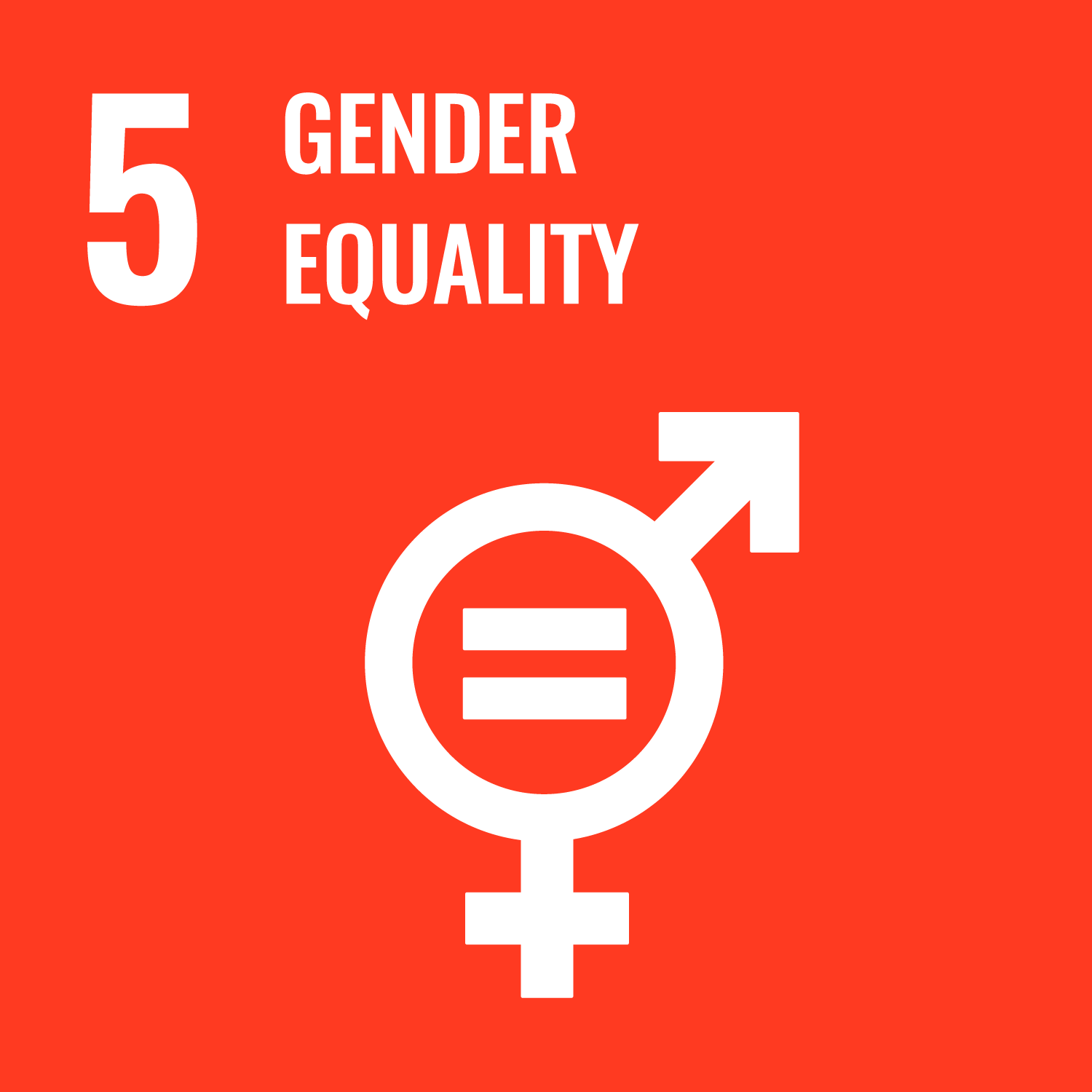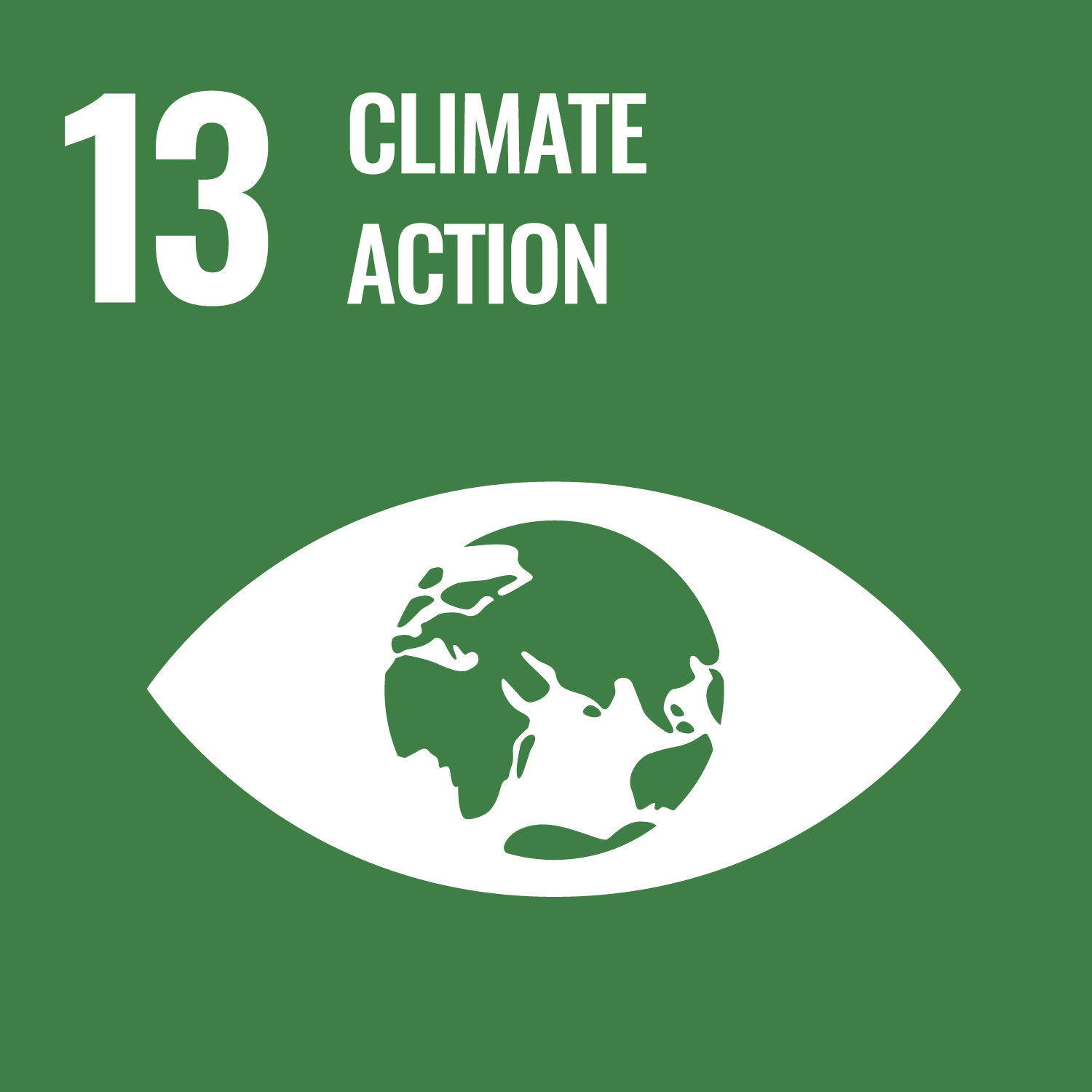Execution support for mission driven organisations
Aligned SDGs



- Execution support for mission driven organisations
- General overview
- Intervention
- Location
- Last data update
- Spreadsheet of data
- Execution support for mission driven organisations
- General overview
- Intervention
- Location
- Last data update
- Spreadsheet of data
General overview
Stage of development: Early stage
Type of instrument: Payment-by-results (no pre-financing)
Delivery locations: Côte d'Ivoire / Cameroon / Ghana / Kenya / Mali / Nigeria / Rwanda / Sierra Leone / Togo / Uganda
Country classification: Low-income / Lower-middle-income
Intervention
Social or environmental challenge
"The challenge is multifaceted.
Exceptional execution is preventing great ideas from solving some of the world's biggest problems.
Smaller organisations can be wary of bringing in support, especially from established consultants. Consultancy is perceived as expensive without guaranteed results. Consultants will have to move onto next project at some point and are generally paid for advice, not to deliver the solution. Resource constrained organisations often do not feel they can take that risk. Payment by results mitigates that risk.
Some progressive impact investors are bringing in external support for organisations, but challenges still exist. Picanto's partners are people that have run charities and social businesses in LIMCs. They have lived through the challenges they are helping to solve.
Impact investors are discussing a lack of diversity in investees and recognise that this sort of support may mitigate some of the risks in stepping away from their normal founder profile."
Description of the intervention
"A group of social entrepreneurs/intrapreneurs were looking back over their past decade in the industry and recognised that many ideas with huge potential for impact failed due to poor execution. Conversations with social entrepreneurs, impact investors, advisors, consultants, philanthropists and academics confirmed that there was substance to this insight.
Offering world class execution support to mission driven organisations can lead to the scaling of great interventions, whose impact may have otherwise been lost. This support is about operationalising strategy, building upon existing traction and good understanding of an issue. For example, helping a doctor with a fantastic solution to develop and execute a marketing plan.
Support is delivered as partnership, with the explicit objective that the work will continue without Picanto, generally with new roles created. The pay by results model means that resource constrained organisations can get access to support they might not otherwise get and also that Picanto is incentivised to ensure a lasting, impactful outcome that continues to add value.
There is also an opportunity to research the type of support that improves the chance of success for mission driven organisations. This research could then be shared with relevant stakeholders."
Location
Country:
- Mali
- Sierra Leone
- Togo
- Cameroon
- Côte d'Ivoire
- Uganda
- Kenya
- Nigeria
- Rwanda
- Ghana
Locality:
- Côte d'Ivoire
- Cameroon
- Ghana
- Kenya
- Mali
- Nigeria
- Rwanda
- Sierra Leone
- Togo
- Uganda
Last data update
Data for this pipeline project was last updated in August 2024
You might have noticed that some pipeline projects have more data than others. This is because organisations can share as much data as they want with the INDIGO initiative. If you have more data on one of these pipeline projects and would like to share with us, please get in touch at indigo@bsg.ox.ac.uk. Our full list of variables and data definitions can be found here.
Spreadsheet of data
Important Notice and Disclaimer on INDIGO Data
INDIGO data are shared for research and policy analysis purposes. INDIGO data can be used to support a range of insights, for example, to understand the social outcomes that projects aim to improve, the network of organisations across projects, trends, scales, timelines and summary information. The collaborative system by which we collect, process, and share data is designed to advance data-sharing norms, harmonise data definitions and improve data use. These data are NOT shared for auditing, investment, or legal purposes. Please independently verify any data that you might use in decision making. We provide no guarantees or assurances as to the quality of these data. Data may be inaccurate, incomplete, inconsistent, and/or not current for various reasons: INDIGO is a collaborative and iterative initiative that mostly relies on projects all over the world volunteering to share their data. We have a system for processing information and try to attribute data to named sources, but we do not audit, cross-check, or verify all information provided to us. It takes time and resources to share data, which may not have been included in a project’s budget. Many of the projects are ongoing and timely updates may not be available. Different people may have different interpretations of data items and definitions. Even when data are high quality, interpretation or generalisation to different contexts may not be possible and/or requires additional information and/or expertise. Help us improve our data quality: email us at indigo@bsg.ox.ac.uk if you have data on new projects, changes or performance updates on current projects, clarifications or corrections on our data, and/or confidentiality or sensitivity notices. Please also give input via the INDIGO Data Definitions Improvement Tool and INDIGO Feedback Questionnaire.